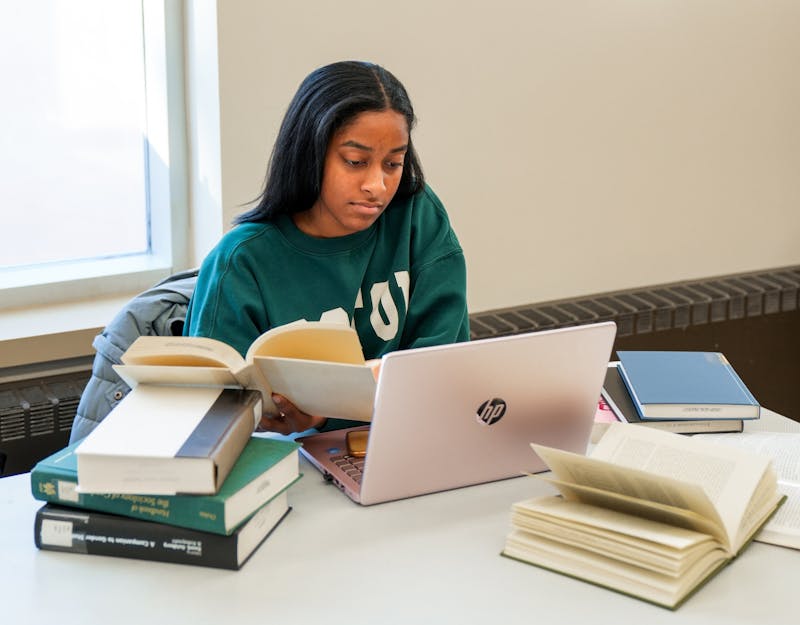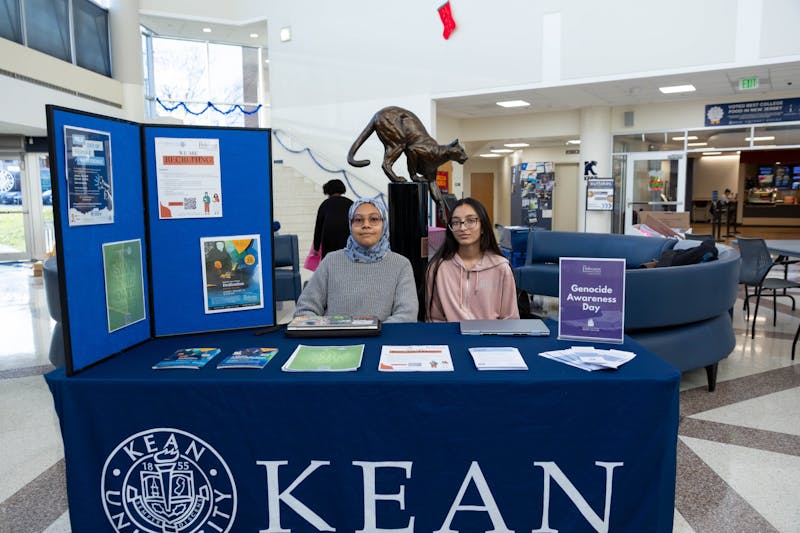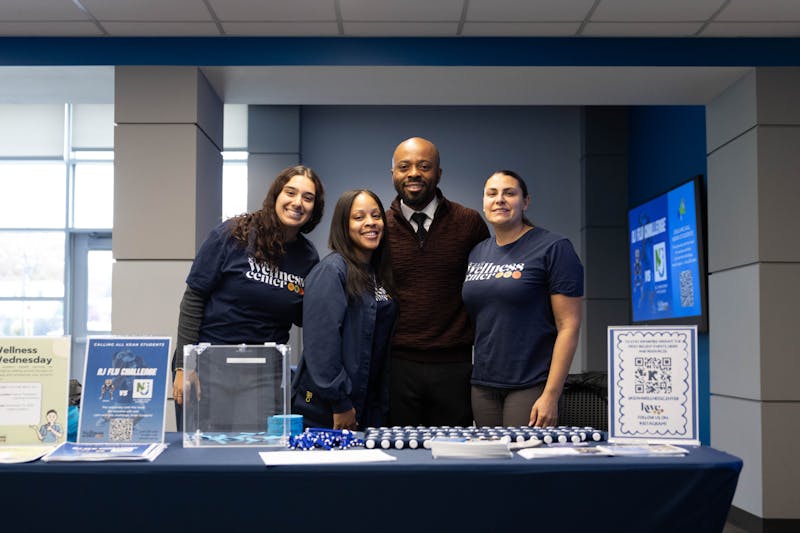The sound of African drums weave a rhythm over delighted families in the cold and winter month of December. Candles are lit atop a candelabrum that shines brightly across the happy faces of families. KwanzaaMaulanaKarengaKwanzaaAfricana
Kwanzaa's"kwanzaa"KaramuKinara
The seven candles, known as the mishumaasabanguzosaba
The first principle is unity [umoja] which promotes community building. Self-determination [kujichagulia] is about making choices for the good of the community. Another principle is responsibility which is called ujima. Cooperative economics [ujamaa] is supporting businesses that take care of the community. Nia means a sense of purpose and is all about setting goals that benefit the community. Another principle is creativity, or kuumba. The last principle is imani, or faith, which is about believing that a better world can be created.
During this holiday, gifts can be exchanged. Handmade gifts are encouraged to promote self-determination, purpose, and creativity. These gifts are called zawadi. Although the gifts can be made, they can also be grown. It is also valuable to give a gift of knowledge on Black culture in the form of a book. Children earn the gifts by fulfilling the goals set during the previous year.
December is a month filled with culture and heritage that keeps families together from all walks of life. Here in the Kean community, students will be able to gather in Downs Hall on Tuesday, December 11, 2012 to attend the Pre-Kwanzaa Festival. Hosted by the office of Africana studies, this festival will celebrate the first fruits of the Pan-African culture. All students, faculty, and staff are welcome from 12:30 p.m. to 3:30 p.m. to take part in these festivities. There will be artists, dancers, and folklorists in attendance. At this celebration, it will entail all seven days of the holiday in one ceremony. People from all walks of life can admire. All anyone needs to do is bring a good heart.





